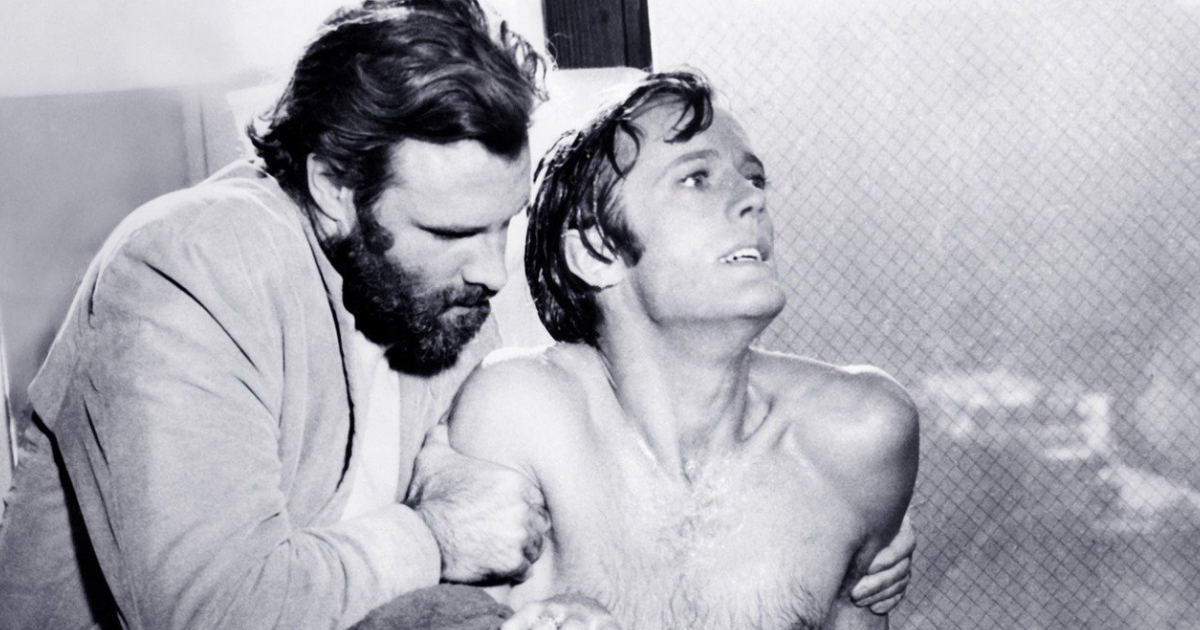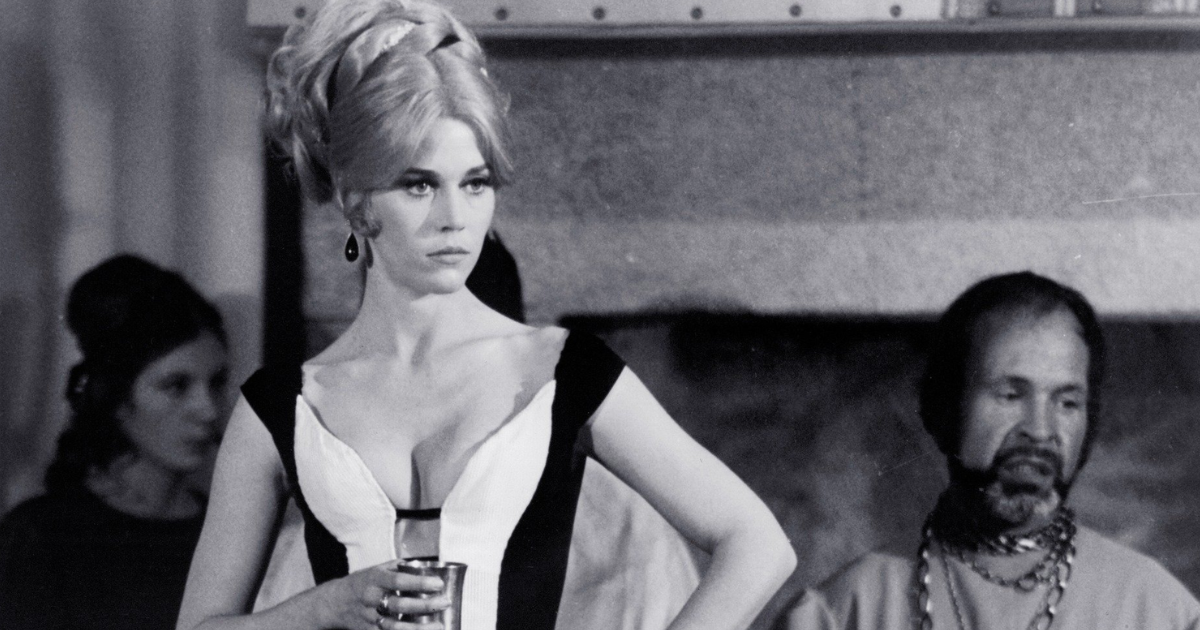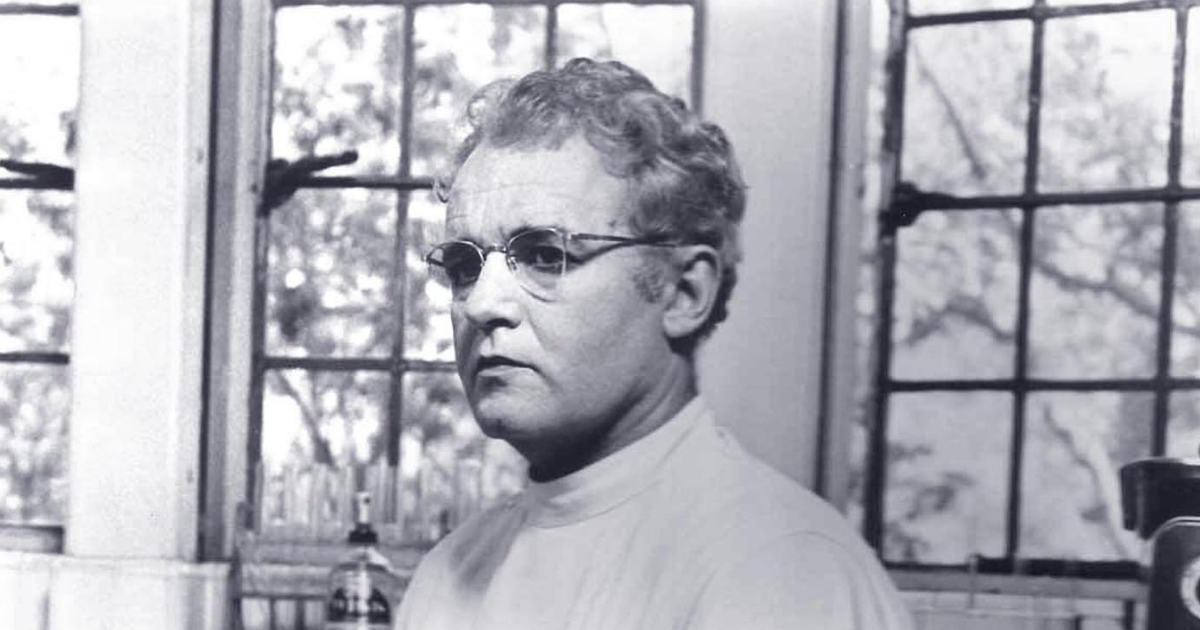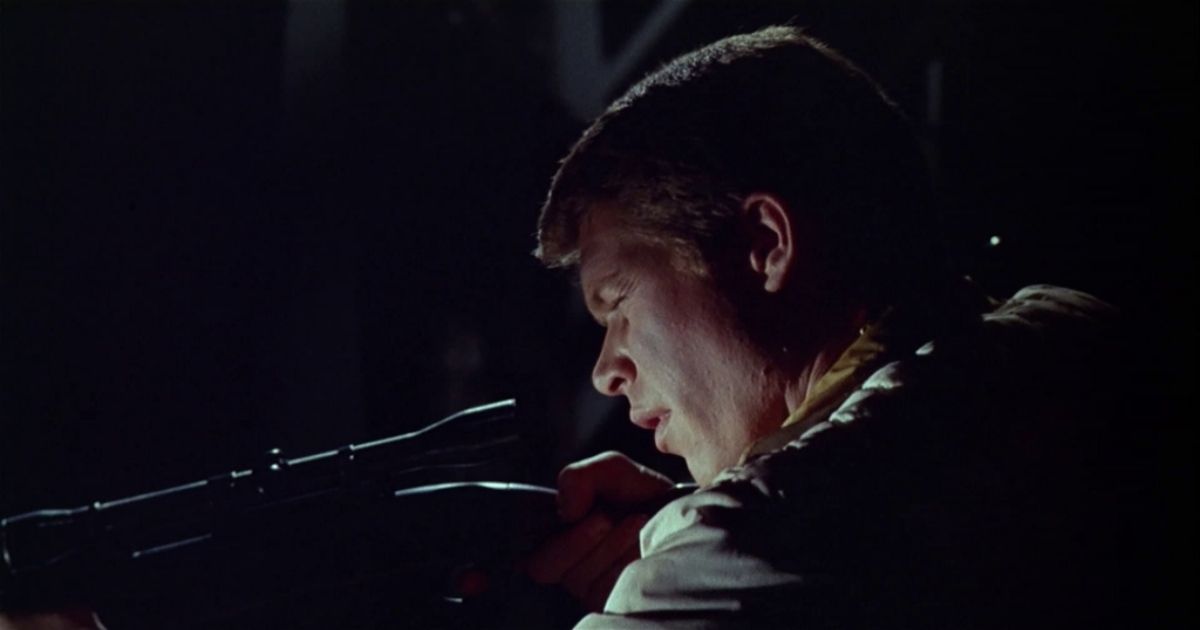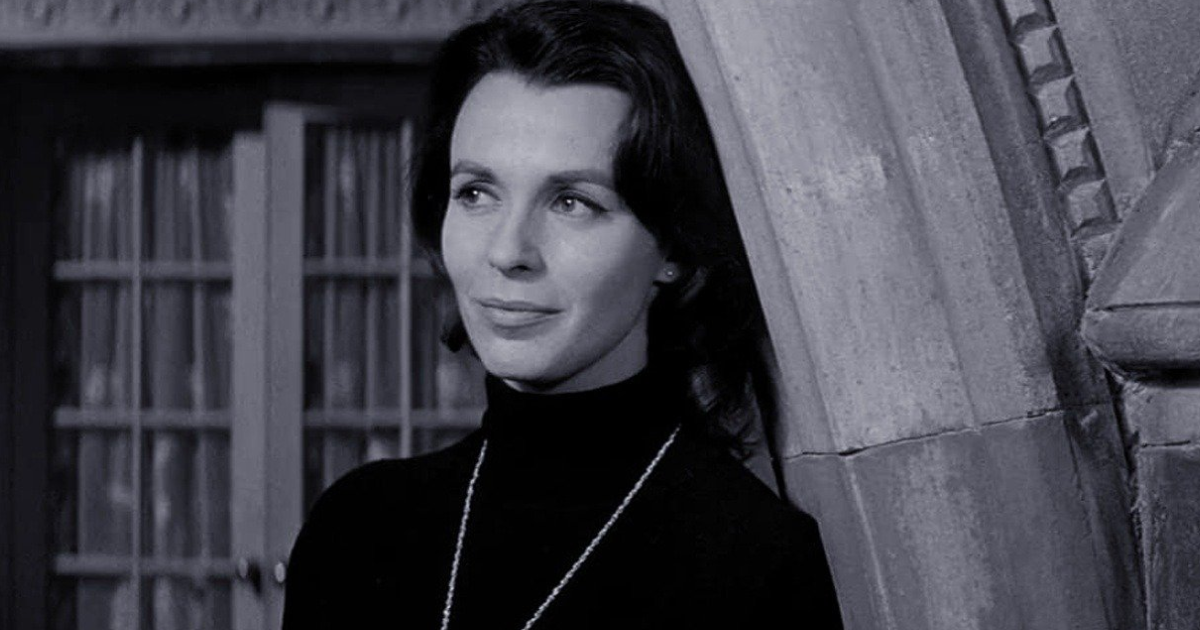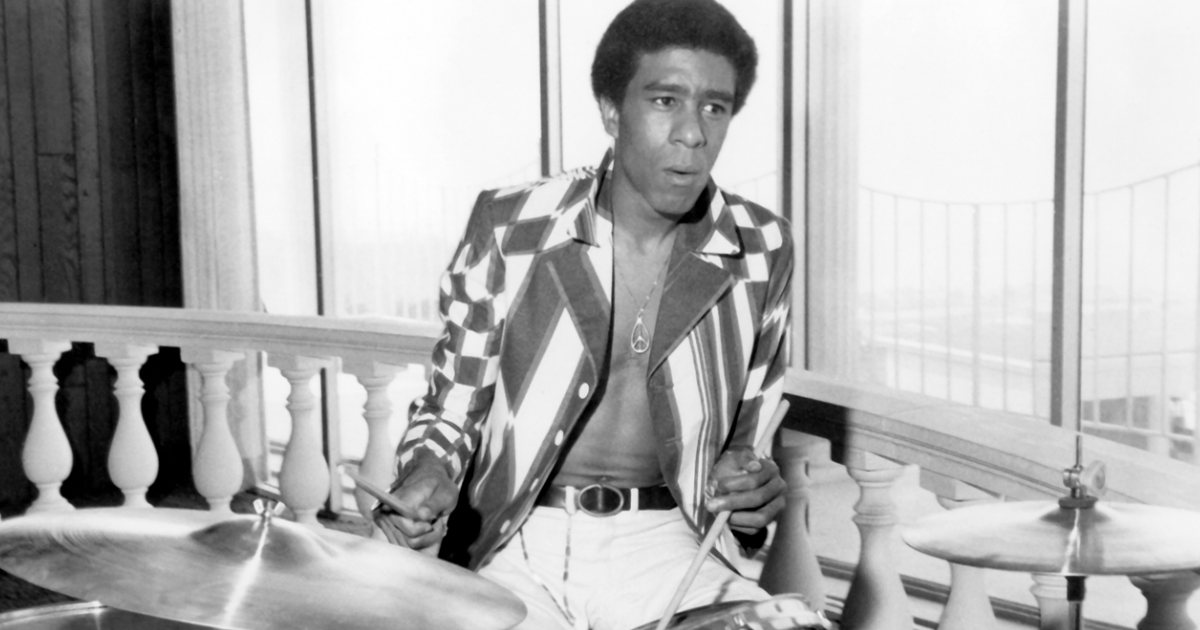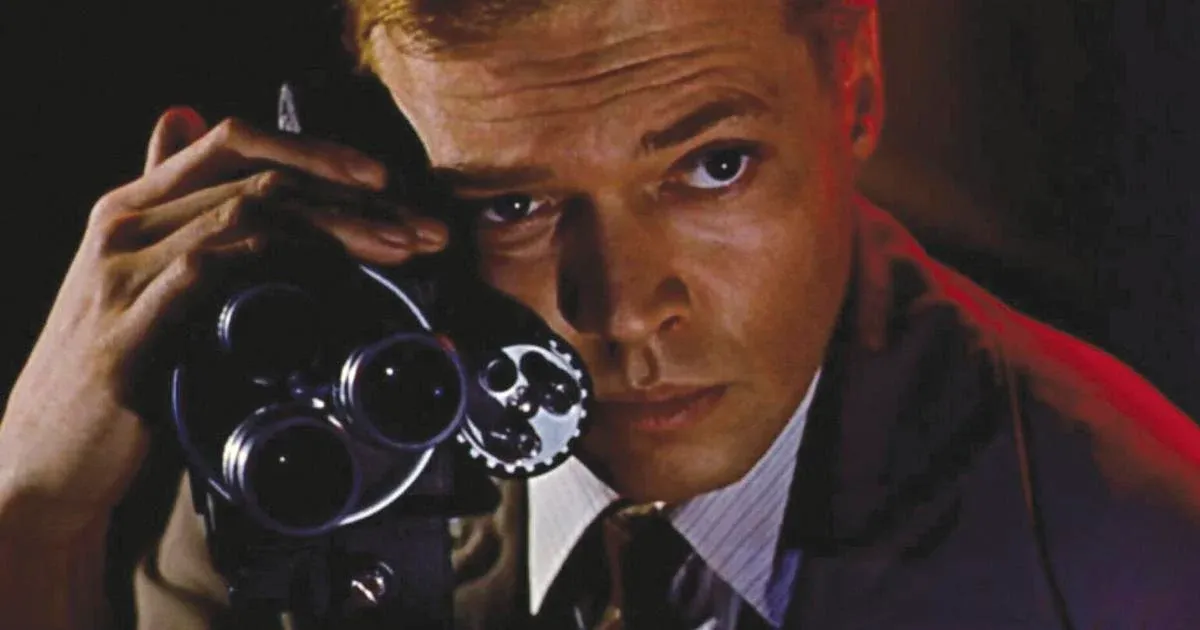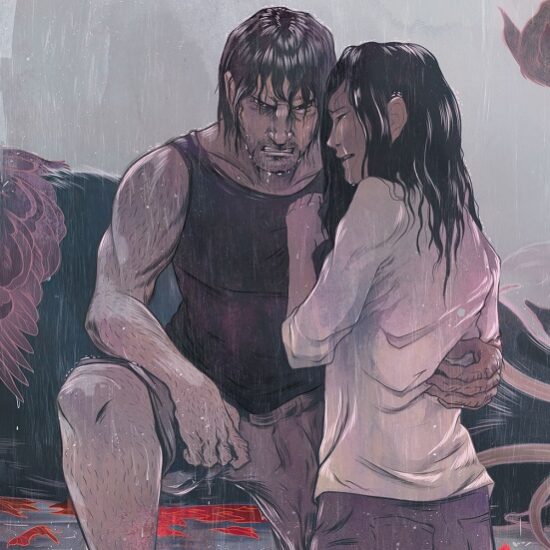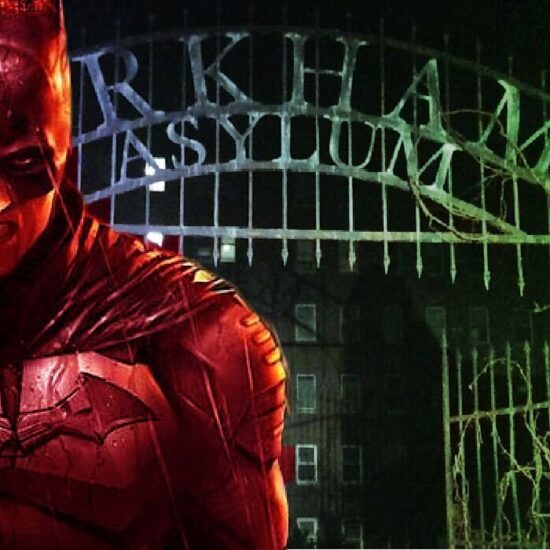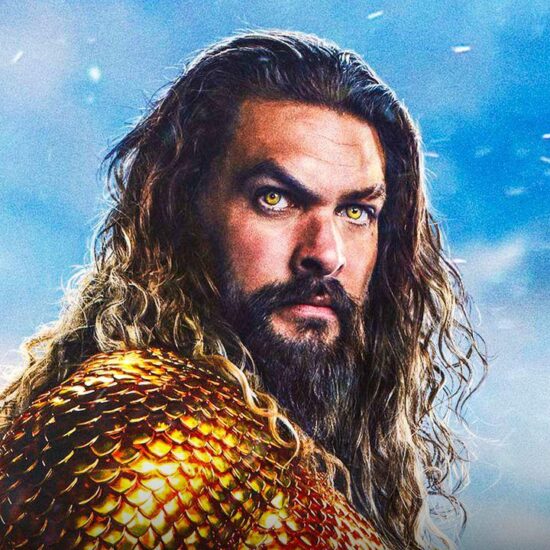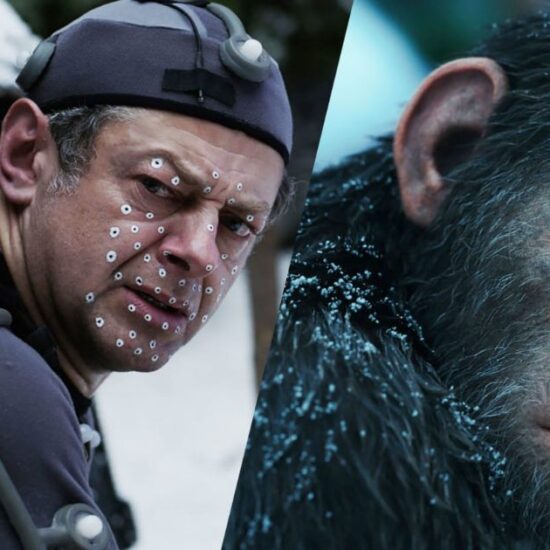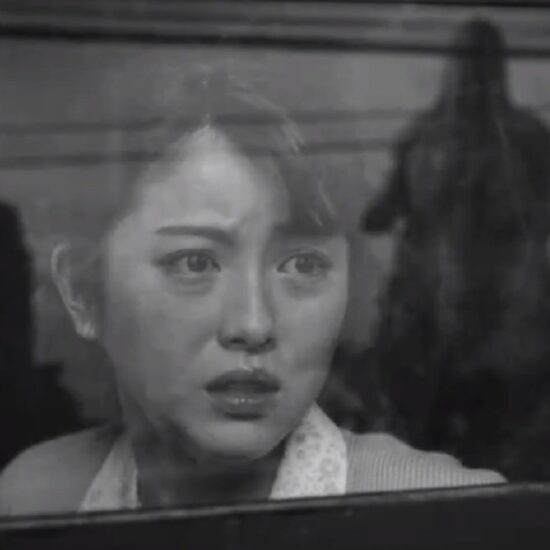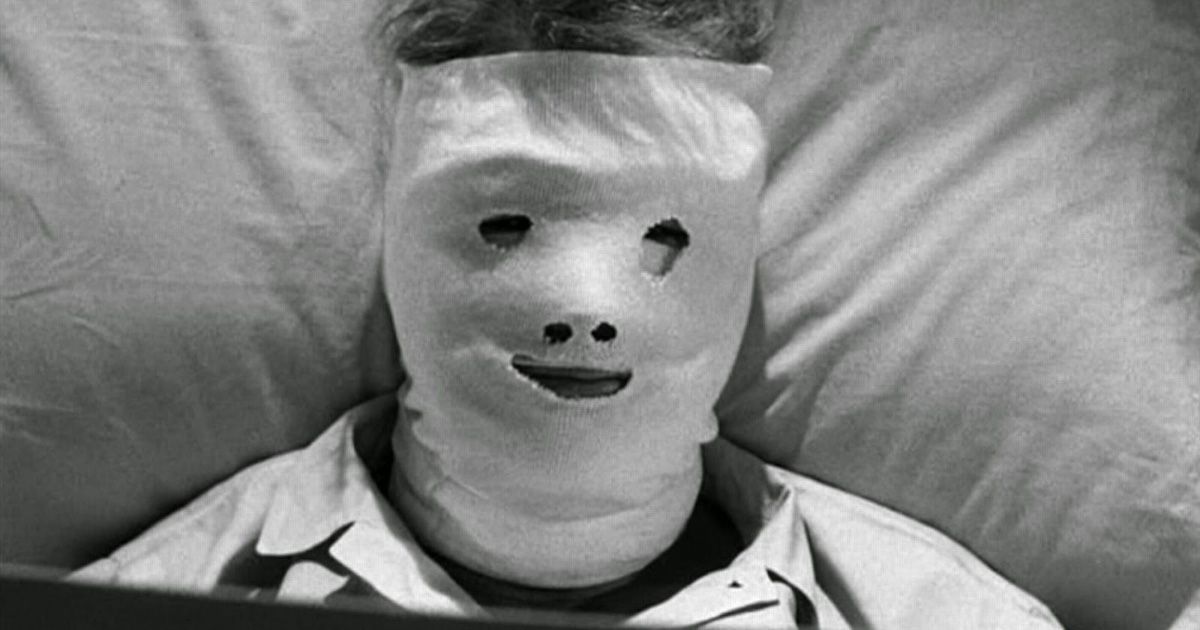
The 1960s were a pivotal time in cinema and society, with the popularity of counter culture and the emergence of psychology as an inquisitive medium of understanding human behaviour. As a result, the era had films that explored human experiments with psychedelics and deviance. The genres of horror, satire and psychological thrillers defined the era as cinema was collectively exploring the limitations of society and the human mind.
Several of these films became immediate hits at the time, while others were considered cult classics much later. Each of these films added their own spin to genres and human motivations as they elevated the complexity of filmmaking in the 1960s.
10 Carnival of Souls
Carnival of Souls is a psychological horror that is a guerrilla filmmaking wonder directed by Herk Harvey. The film is loosely adapted from the French short film An Occurence at Own Creek Bridge and had the visual aesthetic of filmmakers such as Ingmar Bergman and Jean Cocteau. The film follows a woman who survives a car accident and is traumatized by the event. She moves to Utah and joins a church as an organist but is haunted by a mysterious man who might have something to do with her past. She finds herself in a deserted carnival, where lies the answer to the eerie events of her life. The film is known for the unsettling atmosphere it creates with its cinematography and an organ score by Gene Moore. The film has gained a cult status over time and is a regular choice in several Halloween themed festivals. Through its story, the film tells a bigger story about post-traumatic stress and the vortex of loneliness.
9 Seconds
Seconds blends several genres of psychological horror and science fiction in telling a story of a man obsessed with forming a new identity. The film has been influential in the artistry of filmmakers such as Bong Joon Ho and Park Chan Wook for telling one of the most unconventional story with a thought-provoking premise.
Arthur, played by John Randolph, is the protagonist of the film who finds out about a company capable of giving a second life with plastic surgery and a new identity. As he opts for a new self as an artist in Malibu, Arthur realizes he might have made a big mistake.
The film is known for being an immersive experience with its harrowing cinematography, which disorients Arthur from his reality. The film has had a long-lasting effect on several people, including musician Brian Wilson from the Beach Boys, who was traumatized by it and avoided going to the theater for a long time after watching the film.
8 Spider Baby
Spider Baby is introduced audience to the wonders of Schlock cinema. This genre of filmmaking mostly revolves around a horror comedy film produced with a very small budget with bizarre plot lines, kitschy visual effects and impossible comedy gags. The film follows three siblings with a rare mental disorder that that reverses their mental age. As a result, the siblings are viewed as immature and maladjusted to their environment. The trio have their dirty secrets, which they keep from the world, but when their relatives arrive to their hearts, several skeletons come out of the closet. The film was directed by Jack Hill, and has received cult status over time for its daring obscurity.
7 The Trip
The aptly titled The Trip is a psychedelic film written by actor Jack Nicholson and directed by Roger Corman. The film follows a divorced man who goes on a life altering journey with LSD to come out of his misery. His indulgence leads to hallucinations that haunt him, as well as disorienting his consciousness into a new way of life. The film was released at the time when the counter culture was promoting the use of psychedelics, and it became a popular part of the movement. The film was also released during the Summer of Love, which was a social gathering of hippies in the summer of 1967.
The film remains historic in many ways and is known for inducing the psychedelic effect on-screen, which was experimental during the time.
6 Spirits of the Dead
Spirits of the Dead is a horror anthology which includes three adaptations from Edgar Allan Poe’s works, directed by Roger Vadim, Louis Malle and Federico Fellini. The film was a French-Italian collaboration where each of the three directors give their own artistic take on the chosen horror stories. Vladim directs Metzengerstein where a countess played by Jane Fonda kills a man and his animals after being shunned by a horseman. The second story, William Wilson, is directed by Malle where a man fights his deceptive doppelgänger and regrets it. The final short film is directed by Federico Fellini, where an alcoholic actor copes with the darkness of his addiction in Toby Dammit. Fellini’s entry is regarded as the best of the three and continues to be regarded as one of the best adaptation of Poe’s works.
5 The Loved One
The Loved One is a black satirical comedy starring a who’s who of 1960s Hollywood, based on the satirical novel The Loved One: An Anglo-American Tragedy by Evelyn Waugh. The film follows Dennis Barlow, played by Robert Morse, who joins the funeral industry after his uncle commits suicide. He falls for Aimee, who is the spiritual funeral home stylist, but stumbles on a wicked plan schemed by the cemetery owner. The film was divisive at the time for challenging the limits of dark comedy, where some of its satirical elements threw the audience off their guard. Nevertheless, the film is known for its outrageous humour and a special cameo by the musical prodigy, Liberace.
4 Targets
Targets is a crime-thriller directed by Peter Bogdanovich and loosely inspired by shoot the Tower shooting at the University of Texas in 1966 by gunman Charles Whitman. In the film, Tim O’ Kelly played Bobby Thompson, who is a Vietnam veteran who kills his wife and mother and goes on a murderous spree. The film has a parallel story of an actor, played by Boris Karloff, who is known for his horror films and is considering retirement. The two meet at a drive-in film theater where the latter is promoting his film at the same time the murderer claims life outside the theater.
The film was released shortly after the tragic deaths of Martin Luther King Jr. and Robert F. Kennedy, adding to the discussion of political unrest and gun violence in America, which continues to be relevant till date.
3 The Haunting
The Haunting is a chilling British horror film directed by Robert Wise which follows a group of people experiencing paranormal activities in a haunted house. It was based on the novel The Haunting of Hill House by Shirley Jackson and is considered to be one of the scariest movies of the era.
The film follows an anthropologist who investigates paranormal activities and invites two women to the paranormal Hill House. Both women have experienced other-worldly experiences in the past, and join the anthropologist and the mansion’s heir in exploring the spooky house. Shortly, they begin to hear voices and inexplicable events put their lives at risk.
The film is known for its set design, which was decorated in a Rococo style and was brightly lit, in contrast to the conventional dark aesthetic of horror films. The ceilings of the house were used to create a claustrophobic effect in the film, and Wise incorporated distorted camera movements to create an unsettling aura in the film, which led him to get nominated for Best Director at the Golden Globe Awards.
2 Wild in the Streets
Wild in the Streets is a political satire that can be considered a product of the counter culture. The film is directed by Barry Shear and questions the eligibility of young minds in political discourse. The film is based on the short story The Day It All Happened Baby by Robert Thom and starred Christopher Jones as Max Frost, who is a musician who lobbies a Senate candidate to give 18-year-olds the right to vote. However, Frost’s fans demand the age limit be lowered to 15 and all hell breaks loose.
The film is a satirical take on the merging of pop culture and politics in America. It has aged well over time and is regarded as a cult classic of the 1960s. The film also starred comedian Richard Pryor as the drummer of Frost’s musical band, The Troopers which went to become a cult of its own. The film exaggerated the sociopolitical issues being fought at the time to present a dystopian view of a fascist world, which still rings true to the politics of a post truth world.
1 Peeping Tom
There are several films that are proven to be classics only at a later time. Peeping Tom is one such film. The film is directed by Michael Powell and is a psychological thriller with a spine-chilling premise. Carl Boehm plays Mark Lewis, who is obsessed with taking risqué pictures of women in his film studio. His obsession takes over his sanity as he murders his subjects and records their fear. However, his secret is out after his new friend Helen witnesses his crime. The film was controversial at the time for its problematic gaze of fetishizing a tormented woman. However, in the later years, the film has become a film school favorite in dissecting its themes of voyeurism and male gaze.







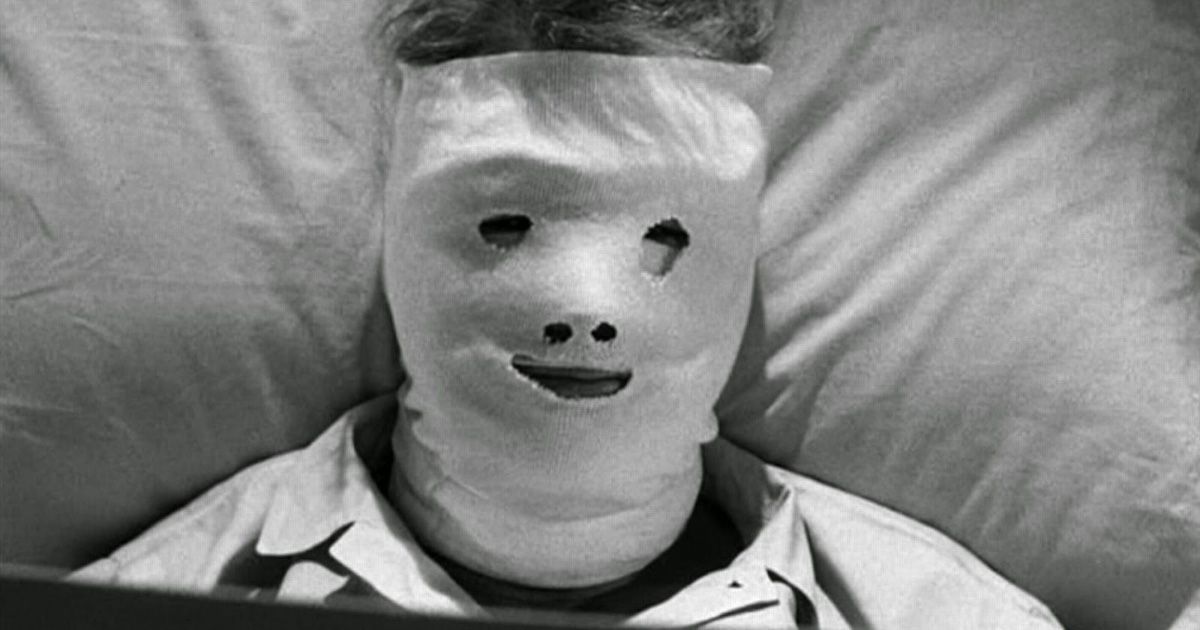
.jpg)
